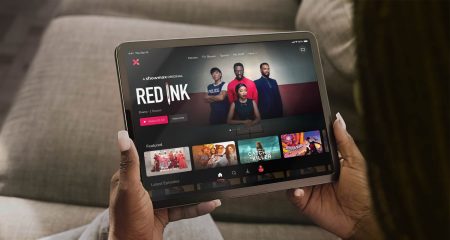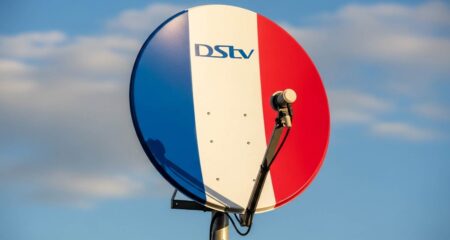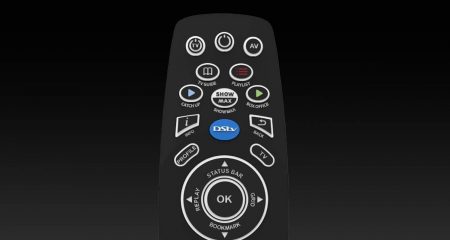
MultiChoice and the department of communications have launched appeals against the supreme court of appeals ruling on encryption for set-top boxes (STBs).
Both the pay-TV provider and the department disagree with the appeal court’s ruling that the decision not to encrypt set-top boxes should be struck down.
They oppose the adoption of encryption and have launched a constitutional court appeal.
Encryption of the boxes as South Africa eyes digital TV migration is a key element that has the support of free-to-air broadcaster e.tv, but is opposed by MultiChoice.
“Much as it pains me to admit it, MultiChoice and the minister are correct. [Communications minister Faith] Muthambi may be inept, but the decision that she made is the best for the country in the long run. Encryption is fundamentally anti-consumer,” technology consultant Andrew Fraser said.
E.tv has argued that without encryption, it would be unable to provide “high-quality content” on digital set-top boxes.
“This is nonsense: content owners do require some copy protection, but that protection is included in the HDMI output of the set-top box as HDCP (high-bandwidth digital content protection). All HDMI outputs have this as standard, and it is included in the SABS standard for the set-top box (Sans 862),” said Fraser.
Set-top boxes will enable standard TV sets to receive the new digital signal, but as newer digitally-enabled TVs reach market penetration, the need for a set-top box will diminish.
However, encryption would mandate the continued use of set-top boxes even with digitally enabled TVs.
“Adding encryption will cost the country significantly more in the long run. Firstly, there is the actual cost of broadcast implementation, then the physical technology and licence fee per decoder,” said Fraser.
“But long term it also means that South Africa will be tied to these set-top boxes for the future. Imported integrated digital TVs won’t work,” he added.
The government will subsidise about 5m households with set-top boxes as the country rolls out digital television, which will free up urgently required spectrum for mobile broadband services.
Competition
Free to air broadcaster e.tv is using the opportunity to take on MutiChoice’s pay-TV market, said Fraser.
“E.tv’s argument is based on misinformation and red herrings. There is only one reason for a broadcaster to push for encryption for a broadcaster — the introduction of pay-TV services.”
“E.tv wants government to subsidise the supply of 4m-5m decoders at taxpayers’ expense. Those decoders will then allow e.tv to broadcast pay-TV services without having to invest in their own set-top box,” Fraser added.




